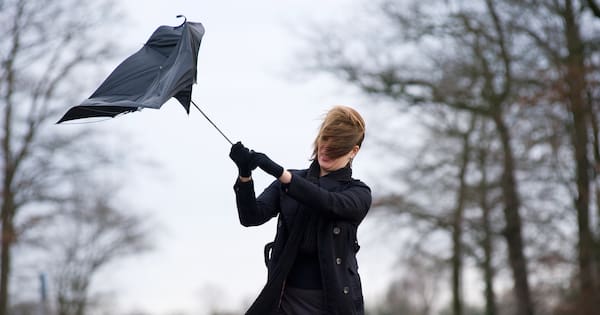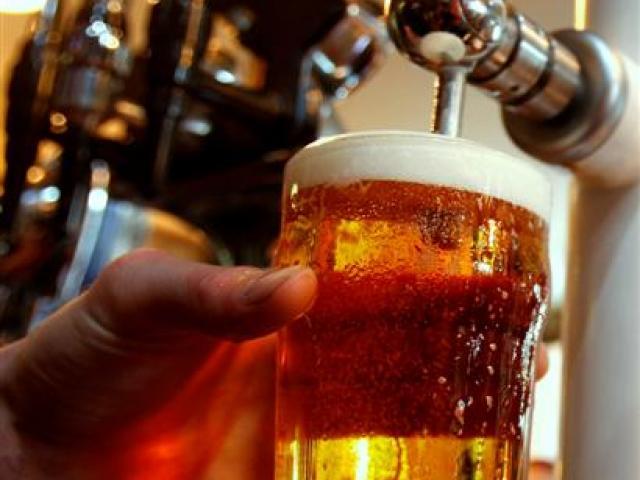Local voices in South Auckland warn the boy racer bill risks targeting Pacific families and cultural gatherings.
The Government’s Anti-Social Road Use Bill has been criticised in South Auckland as heavy-handed and unfair, with Pacific car enthusiasts warning it risks criminalising family-friendly gatherings and cultural expression.
Ōtara-Papatoetoe Local Board chair Apulu Reece Autagavaia said events he attended with his children were being wrongly lumped in with boy racers.
“The Government should not be using a hammer… it needs to be more targeted and ensure it’s well-defined what type of group they’re trying to target.
“Otherwise, this seems to be curbing the freedoms of people to congregate – the freedom of association, the freedom of protest or gathering.”
Manurewa organiser Junior said the meets were a safe outlet. Local Democracy Reporting joined Fa’auiga at his community car event earlier this month, where enthusiasts showed off their cars and bikes with sirens and music pumping.
“It’s just a safe space that you can come and express yourself. As you can see, it’s family vibes, so there’s not anything dangerous”.
But he warned the new law could criminalise Pacific youth. “The law says any groups that look intimidating, they can confiscate your vehicle and crush it. That’s not us.”
He argued that councils should provide safe spaces instead of treating car audio crews like boy racers, and said they need places “like skate parks, but for us”.
‘We’re not boy racers’
Simon, a long-time enthusiast from Flatbush, said misinformation fuelled the crackdown.
“We’re not boy racers. Boy racers go out and cause mayhem. We just park up. It’s all for the love of music, family, community.”
“It’s a completely different scene. There’s no one speeding, doing anything stupid. Everything’s done safely.”
For Miu, 20, from Ōtara, the dream is recognition through a permanent space. “The dream is to get a perfect battle spot where we don’t get intercepted by police. We’re not out there to cause a nuisance. We all come together as one because it’s all for the love of sounds.”
Dorothy Fa’auiga, a mother of six, said car audio has become a way to raise her children in a safe, creative environment.
“Our children were bored, so we introduced them to car audio. Now even our six-year-old wires his scooter with sirens. We’re not racing, we’re not abusive, we love our cars. Why would we ruin something we put so much time and love into?”
She said that gatherings have grown into community events.
“We hold the biggest bass meet in New Zealand. If we had a safe, dedicated space, it would be even bigger. Families could come without fear of being shut down.”
Mexs, leader of the Mamba Familia crew, said the scene has kept young men focused on something positive. “It’s the only way to keep us out of trouble – gang and all of that. We all grew up with our dream car and building it from scratch.”
He said the gatherings are about community, not crime. “I’d tell people we’re just chilling. Have a few, a barbecue, and show our cars. That’s it.”
Apulu: Role for councils and local boards
Apulu said the car meets showed “a whole bunch of positives” that should be recognised by local government.
“They’re not there to race. They’re not there to do skid marks on the roads. They’re not there to destroy public property. Although they’re car enthusiasts, they’re not the ones doing this anti-social behaviour.”
He believed Auckland Council and local boards could designate safe sites and even submit on the bill.
“I’d love to work with the group… we could do a submission as well. The more councillors and local boards that support this, the stronger the movement.”
Government: Restoring safety to roads
Transport Minister Chris Bishop said the crackdown was needed.
“New Zealanders are sick of seeing boy racers and dirt bike riders putting everyone around them at risk. We’re taking action by bringing in much tougher penalties for idiots who use our streets as racetracks.”
Police Minister Mark Mitchell said boy racers “only care about one thing – their car”, and tougher laws would make them “think twice about fleeing police or driving dangerously”.
LDR is local body journalism co-funded by RNZ and NZ On Air.












